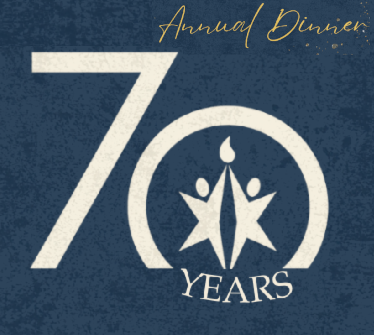
LOWER SCHOOL
Language Arts
The goal of the lower school language arts program is to develop and improve competence in reading, writing, listening, and speaking, and to encourage a positive attitude toward reading and effective use of language. Using a comprehensive balanced literacy approach, our program combines explicit skill instruction with language and literature-rich activities in order to develop an understanding of sound/symbol relationships, gain meaning from print, comprehend, and enhance the love of reading. Through the lens of purposeful instruction, teachers guide students to read for information, pleasure and enjoyment, discovering that literacy is something worth acquiring as they navigate the developmental journey from “learning to read,” to “reading to learn.”

Curricular Goals
Grade 1
In order for children to become fluent, proficient readers we use a guided reading program to tailor individualized instruction for each student. Our independent reading program provides a systematic way of supporting and guiding students as they read on their own. Having the students make their own book choices is a vital part of this program. They work on learning how to choose a “just right” book and then complete a book journal reinforcing comprehension skills. First graders begin to write simple narrative stories. Students are encouraged to expand their ideas in order to write interesting sentences. Our spelling and vocabulary program reinforces phonetic skills and expands vocabulary. Using the research-based Wilson Fundations program, students are systematically immersed into phonemic awareness, word study and handwriting using a multi-sensory and interactive approach.
Grade 2
The guided reading program in Grade 2 enables teachers to differentiate instruction for each student. Throughout the year, children meet with the teacher in small groups of up to six students to receive direct reading instruction of a leveled text. Second graders learn new skills and strategies which will help them develop into lifelong readers! Second graders continue to develop their writing as they write more simple narrative stories.
Students are expected to use proper capitalization and punctuation. They learn how to make their writing more interesting, as they add adjectives to their writing and write more detailed sentences. Our Year 3 Wilson Fundations program reinforces phonetic and spelling skills, as well as handwriting.
Grade 3
In third grade, students continue to develop strategies to effectively use language. Students learn to become strategic readers and focus on increasingly complex reading comprehension skills. Third graders strive to “read to learn,” rather than “learn to read” and continue to engage with the steps of the writing process. Proper grammar, spelling, and the mechanics of writing are taught to enable students to proofread and communicate more effectively. The formal spelling program in grade 3 utilizes patterned word exploration and teaches high frequency and content words. In addition, bonus words related to the curriculum are included for challenge.
Grade 4
Fourth grade is an immersive year in language arts. Students study a variety of genres in reading including poetry, mystery, fantasy, biography, historical fiction, realistic fiction, non-fiction. Students learn comprehensive reading strategies, critical thinking skills, author purposes and how to identify themes. They respond to literature orally and in writing, creating book reviews of favorite novels! The 3 main writing units of study in writing include Personal Narrative, Narrative Writing and Expository Writing. Personal Narrative focuses on incorporating literary elements of description, the five senses and figurative language into written work. The Narrative writing units highlight strategies of character development, story structure, and engaging beginnings, middles and ends. The goal of the Expository Writing unit is to teach students how to develop a well written paragraph and write coherent multi-paragraph essays. Students also learn spelling, vocabulary and grammar learning how to study for weekly tests.




